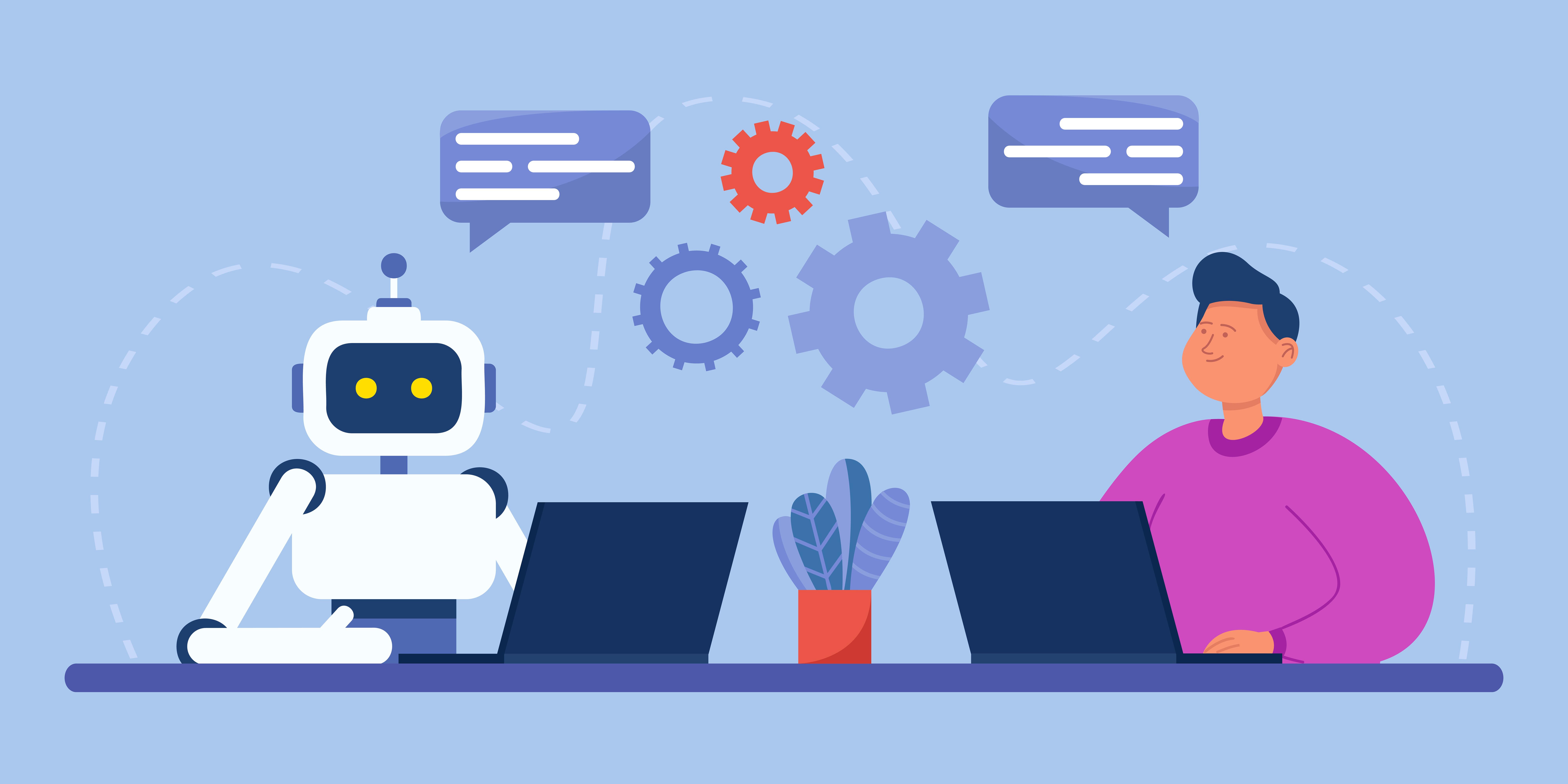Quantum Machine Learning: Bridging the Gap Between Classical and Quantum Computing

Quantum computing, a field that combines the principles of quantum mechanics with computer science, promises to revolutionize computation. Quantum computers possess the capability to address intricate problems at an exponentially accelerated pace compared to classical computers. When it comes to machine learning, this technology offers exciting opportunities and challenges. In this article, we will explore the concept of quantum machine learning (QML), its underlying principles, and how it bridges the gap between classical and quantum computing.
Understanding Quantum Computing Basics of machine learning
To appreciate quantum machine learning, it's crucial to grasp the fundamentals of quantum computing:
Qubits: Unlike classical bits that can represent 0 or 1, qubits exist in a superposition of states. This enables quantum computers to execute numerous calculations concurrently.
Entanglement: Qubits can become entangled, meaning the state of one qubit is dependent on the state of another, even when separated by vast distances. This property enables quantum computers to perform complex operations efficiently.
Quantum gates: Quantum computers use quantum gates to manipulate qubits, allowing for intricate computations.
Quantum Machine Learning: An Overview
Quantum machine learning leverages quantum computing's unique properties to enhance various aspects of machine learning, such as optimization, data analysis, and pattern recognition. Here's how it bridges the gap between classical and quantum computing:
Quantum Speedup: Quantum computers can potentially solve problems faster than classical computers, which is particularly advantageous for large-scale machine learning tasks. Algorithms that might take years on classical machines could be completed in minutes with quantum computers.
Quantum Data Processing: Quantum computers can process vast datasets more efficiently, thanks to their inherent parallelism and the ability to handle quantum representations of data.
Quantum Enhanced Algorithms: Quantum algorithms like Grover's search and Shor's factoring can be applied to machine learning tasks, improving the efficiency of various operations.
Challenges in Quantum Machine Learning
While quantum machine learning holds immense promise, it also faces significant challenges:
Quantum Hardware Constraints: Building and maintaining quantum computers is exceptionally challenging due to issues like quantum decoherence and error rates. Currently, quantum hardware is not as reliable or widely accessible as classical hardware.
Quantum Algorithm Development: Developing quantum algorithms that outperform classical counterparts for specific machine learning tasks is an ongoing challenge. Many algorithms are still in their infancy and require refinement.
Data Encoding: Converting classical data into a quantum format is complex. Developing efficient techniques for data encoding and decoding is crucial for quantum machine learning's success.
Scalability: Scaling up quantum machine learning algorithms to handle real-world, high-dimensional datasets is a major challenge. Ensuring that quantum advantages remain significant as the problem size increases is essential.
Practical Applications of Quantum Machine Learning
Despite the challenges, quantum machine learning solutions making strides in various fields:
Drug Discovery: Quantum algorithms can analyze molecular structures more efficiently, potentially accelerating drug discovery processes.
Financial Modeling: Quantum computing can optimize complex financial portfolios and risk assessments more effectively than classical methods.
Cryptography: Quantum-resistant encryption techniques are being developed to secure data against quantum attacks.
Supply Chain Optimization: Quantum machine learning can optimize supply chain logistics, minimizing costs and improving efficiency.
AI Training: Quantum computers can enhance training processes for large neural networks, speeding up deep learning tasks.
Conclusion
Quantum machine learning services is at the intersection of two revolutionary fields: quantum computing and machine learning. While it's still in its early stages, the potential it holds for solving complex problems and advancing AI is undeniable. As quantum hardware becomes more accessible and quantum algorithms mature, the gap between classical and quantum computing in machine learning will continue to narrow. Researchers and organizations are excited to harness the power of quantum machine learning, and it's poised to reshape the future of computation and data analysis.
- Art
- Causes
- Crafts
- Dance
- Drinks
- Film
- Fitness
- Food
- Games
- Gardening
- Health
- Home
- Literature
- Music
- Networking
- Other
- Party
- Religion
- Shopping
- Sports
- Theater
- Wellness
- Politics
- IT
- Relationship
- Blockchain
- NFT
- Crypto
- Fintech
- Automobile
- Faith
- Family
- Animals
- Travel
- Pets
- Coding
- Comedy
- Movie
- Game
- Computer


